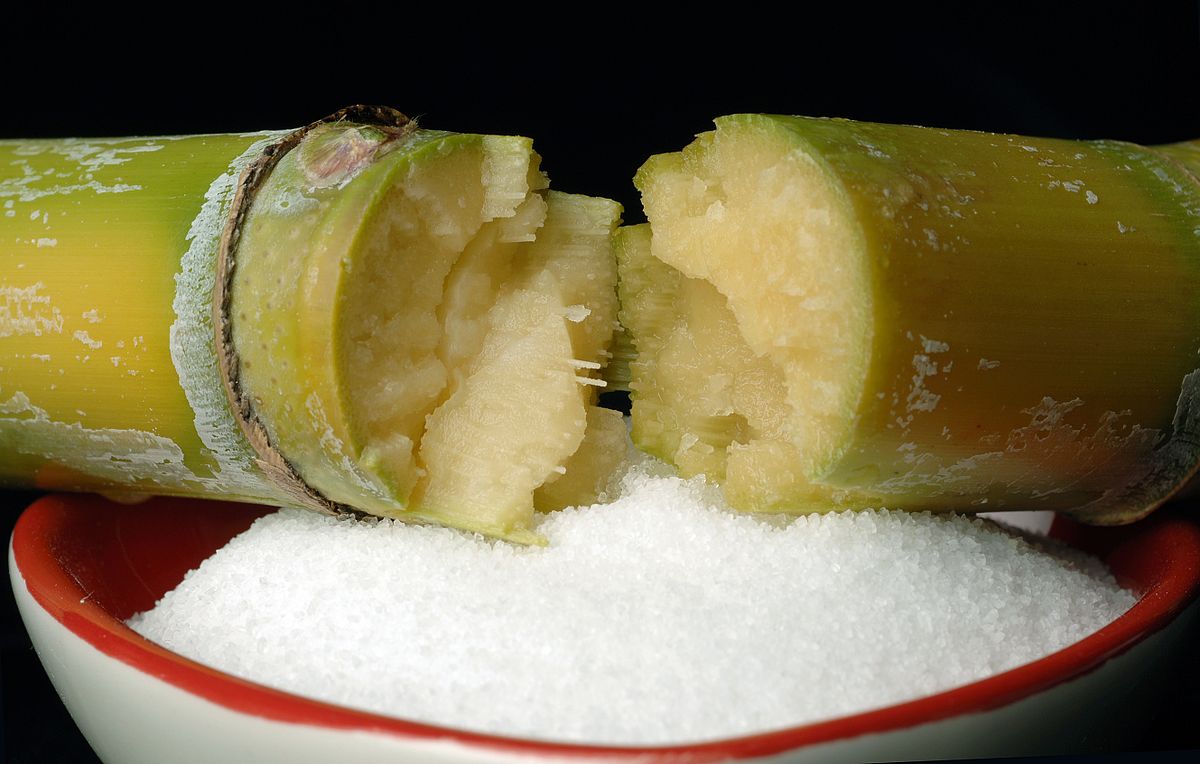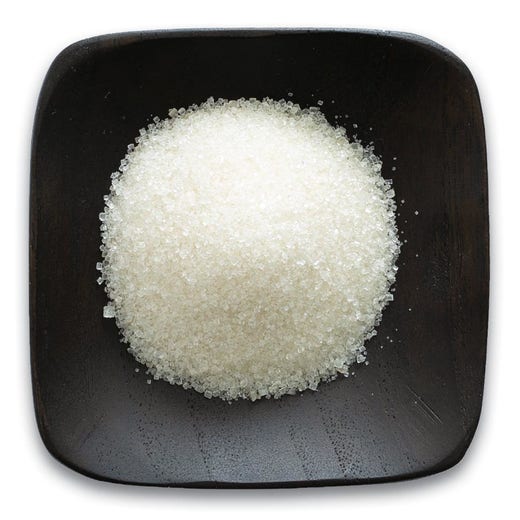Optimize Cane Sugar Processing Chemicals for Maximum Performance
Optimize Cane Sugar Processing Chemicals for Maximum Performance
Blog Article
Navigating Regulatory Compliance and Sustainability With Cutting-Edge Cane Sugar Processing Chemicals in the Chemical Export Sector

Regulatory Landscape Summary
In the realm of walking cane sugar processing chemicals within the chemical export industry, understanding the governing landscape is paramount for making certain compliance and sustainable operations. Governing bodies such as the Epa (EPA) and the Fda (FDA) play a crucial function in looking after the production, import, and export of these chemicals. Compliance with policies stated by these bodies is not only a legal demand yet likewise important for maintaining public health and environmental safety and security requirements.
Governing frameworks controling walking cane sugar handling chemicals encompass a vast array of aspects, including labeling demands, allowable degrees of particular substances, and guidelines for risk-free handling and disposal. For chemical exporters, this suggests sticking to stringent documents procedures, top quality control steps, and regular audits to show adherence to these regulations.

Lasting Walking Stick Sugar Chemical Innovations

One noticeable location of innovation is the growth of environment-friendly chemicals that lower water and power intake throughout the sugar processing phases. By implementing these lasting services, business can decrease their carbon footprint while maintaining high levels of efficiency. Additionally, advancements in naturally degradable chemicals are getting grip, using an extra eco friendly option to standard handling agents.
Furthermore, the combination of renewable energy sources in the manufacturing process is coming to be extra common, additional boosting the sustainability account of walking cane sugar processing. By embracing these lasting walking cane sugar chemical advancements, companies can not only meet governing demands but likewise show a commitment to environmental responsibility view website in the chemical export sector.
Conformity Obstacles in Exporting Chemicals
Navigating regulatory frameworks postures considerable challenges for chemical exporters, calling for precise attention to conformity standards and international laws. Exporting chemicals entails adherence to a complicated web of regulations that differ from nation to nation. Among the primary conformity obstacles dealt with by chemical exporters is making certain that the products satisfy the details regulatory needs of the importing country. This includes acquiring the necessary licenses, qualifications, and paperwork to show the safety and security and legality of the chemicals being exported.
Furthermore, chemical exporters have to stay abreast of frequently advancing regulations and criteria associated to chemical transport, handling, and manufacturing. Failing to adhere to these regulations can result in severe repercussions, consisting of fines, lawsuit, and reputational damage. Navigating trade restrictions, sanctions, and export control laws includes an additional layer of intricacy to the conformity landscape for chemical exporters.
To reduce these difficulties, chemical exporters should purchase robust conformity programs, perform normal audits, and engage with governing authorities to guarantee a comprehensive understanding of the relevant regulations and laws. By focusing on conformity and remaining proactive in addressing governing difficulties, chemical exporters can navigate the intricacies of worldwide trade successfully.
Environmental Influence of Walking Stick Sugar Handling
The environmental implications of walking stick sugar handling are a vital aspect needing thorough assessment in the chemical export industry. Walking stick sugar handling can have significant ecological influences at different phases of manufacturing. One of the key issues is the generation of huge quantities of wastewater consisting of raw material, suspended solids, and chemicals utilized in the handling plants. This wastewater, if not correctly dealt with, can contaminate water bodies, damage marine life, and break down total water quality. Furthermore, the burning of sugarcane areas prior to harvesting, a typical technique in some regions, releases unsafe air pollutants and greenhouse gases into the environment, adding to air quality issues and climate modification.
Additionally, the extensive use pesticides and plant foods in sugarcane growing can bring about dirt degradation, water contamination, and damage to non-target microorganisms. It is crucial for chemical merchants involved in the walking stick sugar processing industry to implement lasting techniques, purchase innovative wastewater therapy innovations, promote responsible agricultural approaches, and stick to rigid ecological guidelines to lessen the unfavorable ecological effect of their operations.
Future Trends in Sustainability Practices
What innovative techniques are chemical exporters in the walking cane sugar processing sector embracing to enhance sustainability techniques for the future? One famous trend is the change towards creating and utilizing green chemicals in the processing of walking cane sugar - Cane Sugar Processing Chemicals.
Another crucial trend is the application of innovative modern technologies such as automation and data analytics to maximize resource usage and lower waste generation. By taking advantage of the power of data and automation, chemical merchants can streamline their procedures, boost energy effectiveness, and boost overall sustainability performance.
In addition, collaborations and partnerships with sustainability-focused companies and stakeholders are becoming increasingly typical. By interacting, chemical exporters can exchange understanding, share ideal techniques, and collectively drive advancement in the direction of even more lasting cane sugar processing methods. Welcoming these trends will not just profit the environment however also make certain long-term success and competitiveness in the market.
Final Thought
In final thought, the chemical export industry should navigate complicated governing landscapes additional info and sustainability challenges when processing cane sugar. Advancements in walking cane sugar handling chemicals are important to satisfying conformity requirements and minimizing ecological influence. As the market remains to evolve, it is necessary for companies to take on lasting methods and stay my company ahead of future fads to ensure lasting success.
In the realm of walking cane sugar processing chemicals within the chemical export industry, comprehending the regulatory landscape is extremely important for making sure conformity and sustainable operations.Discovering ingenious approaches in the growth of lasting walking stick sugar chemical solutions is important for advancing ecological stewardship in the chemical export sector. Business are increasingly spending in study and advancement to develop cutting-edge cane sugar handling chemicals that not just guarantee high efficiency in sugar manufacturing however likewise adhere to rigid sustainability criteria.
Additionally, chemical exporters should stay abreast of constantly evolving regulations and requirements related to chemical manufacturing, handling, and transportation - Cane Sugar Processing Chemicals.The ecological ramifications of walking stick sugar handling are a vital facet needing comprehensive exam in the chemical export market
Report this page